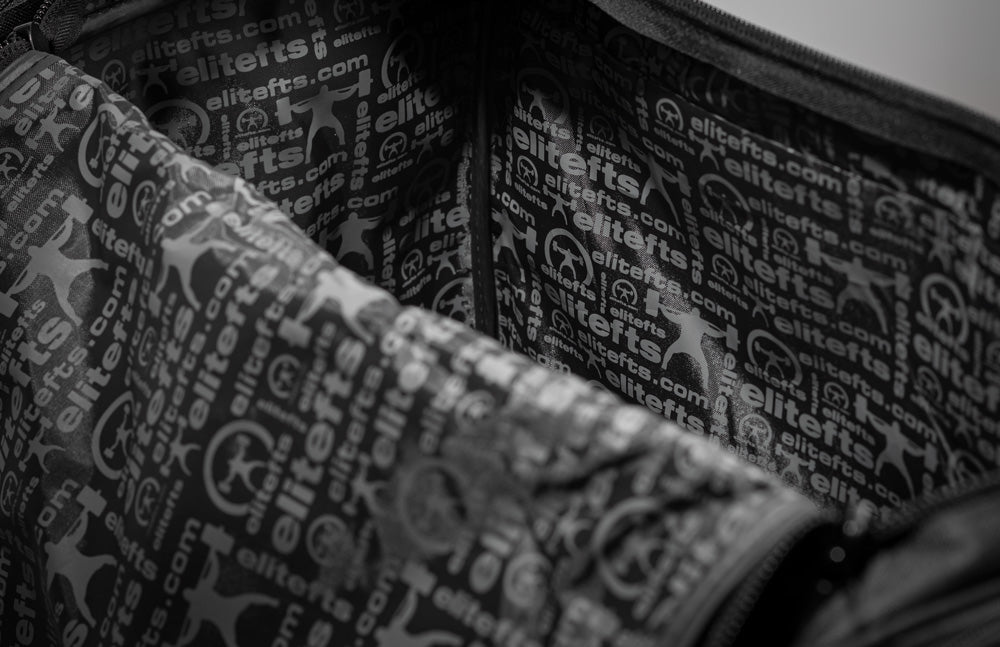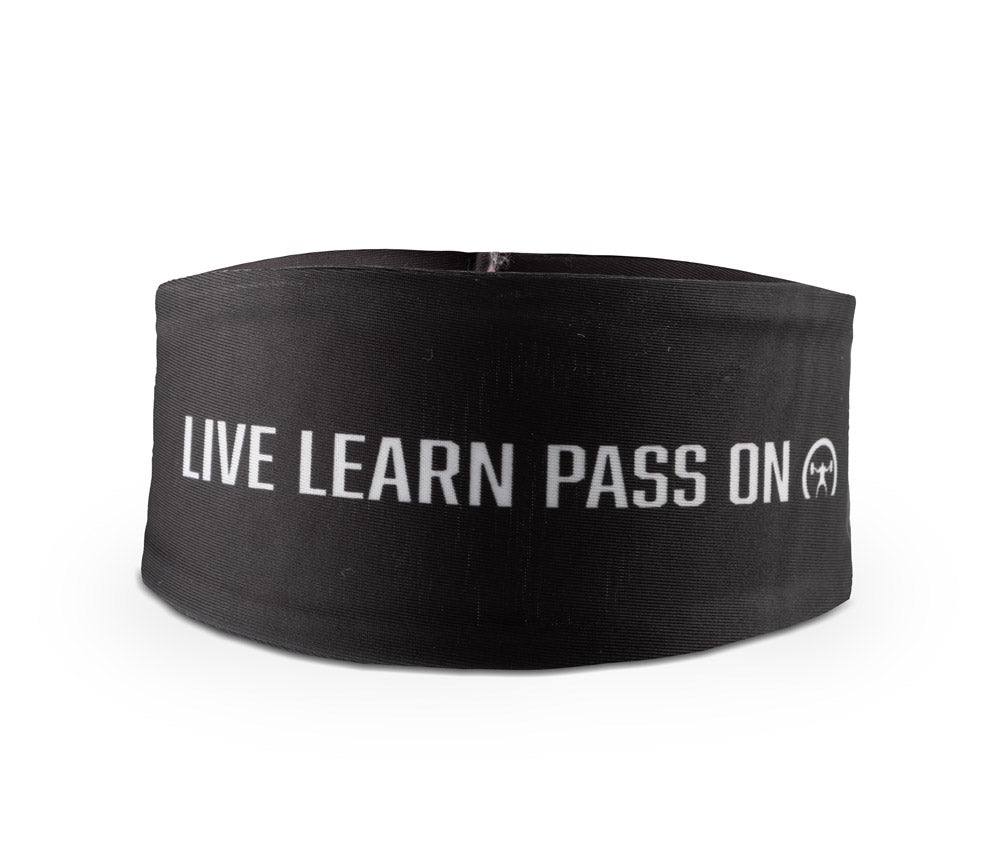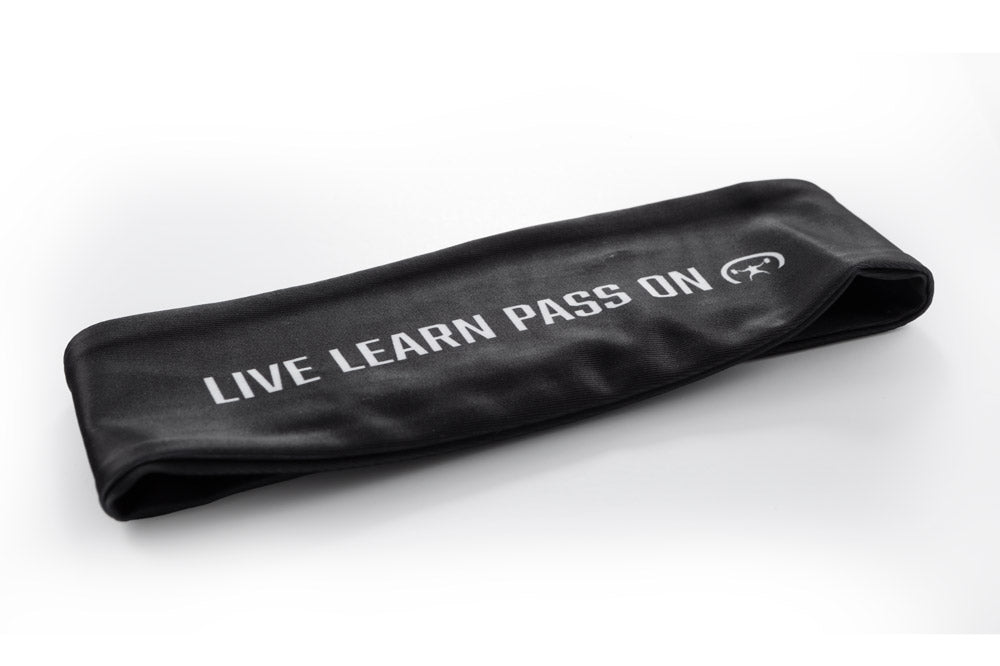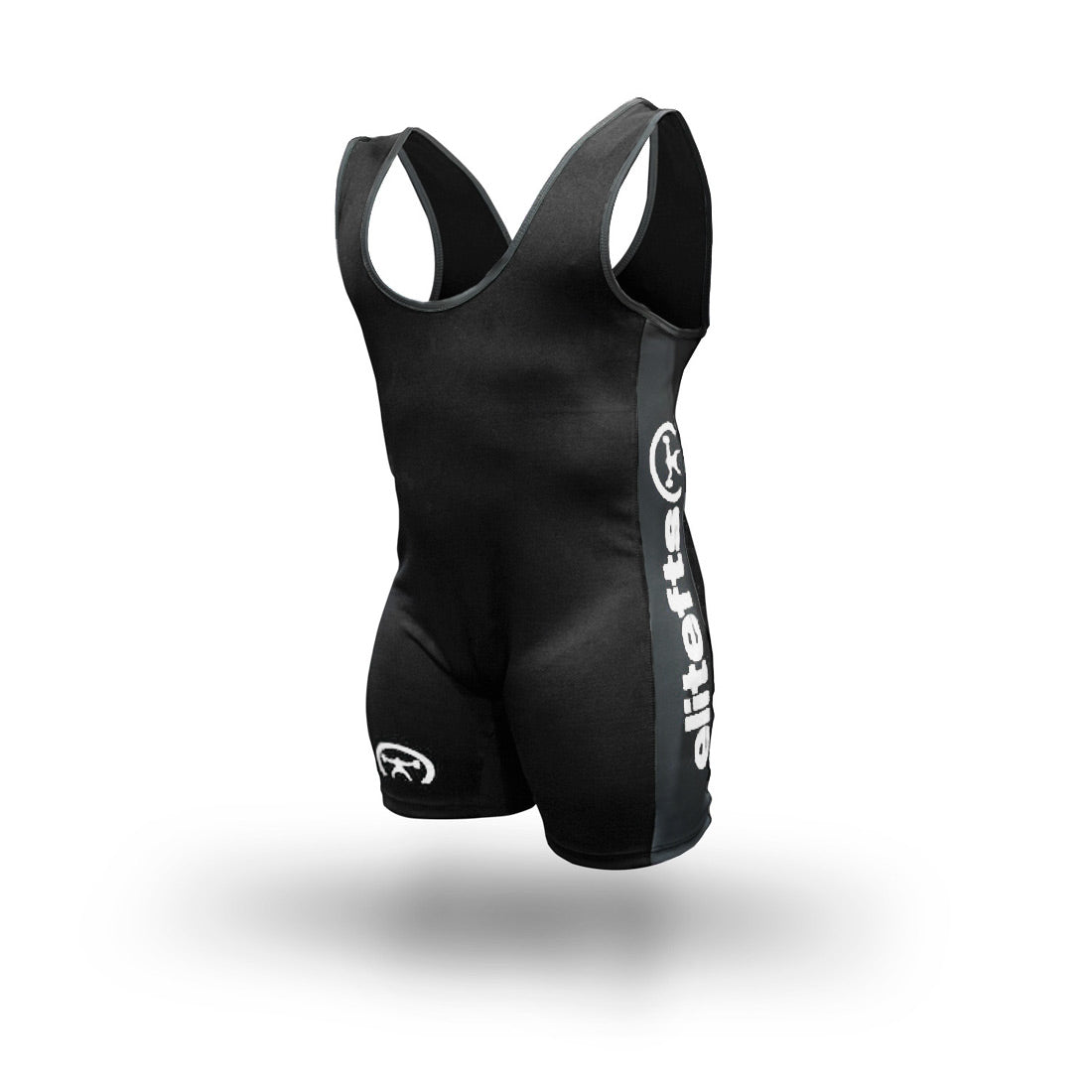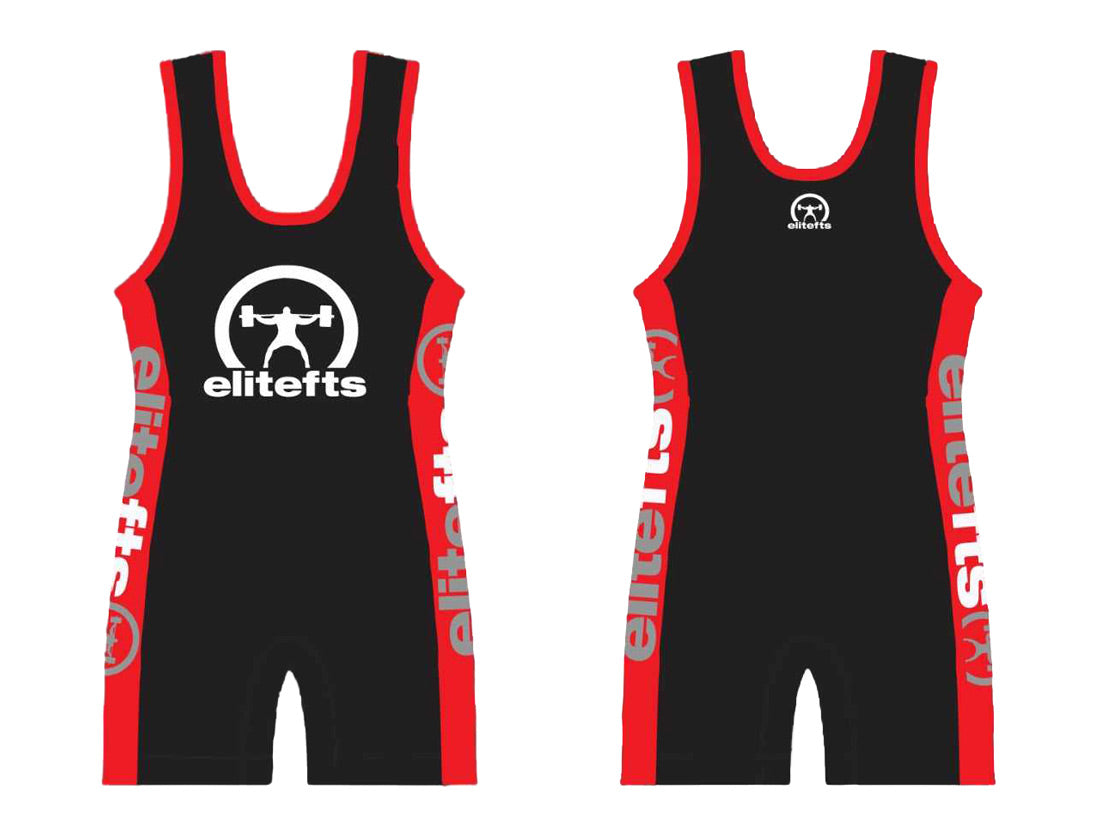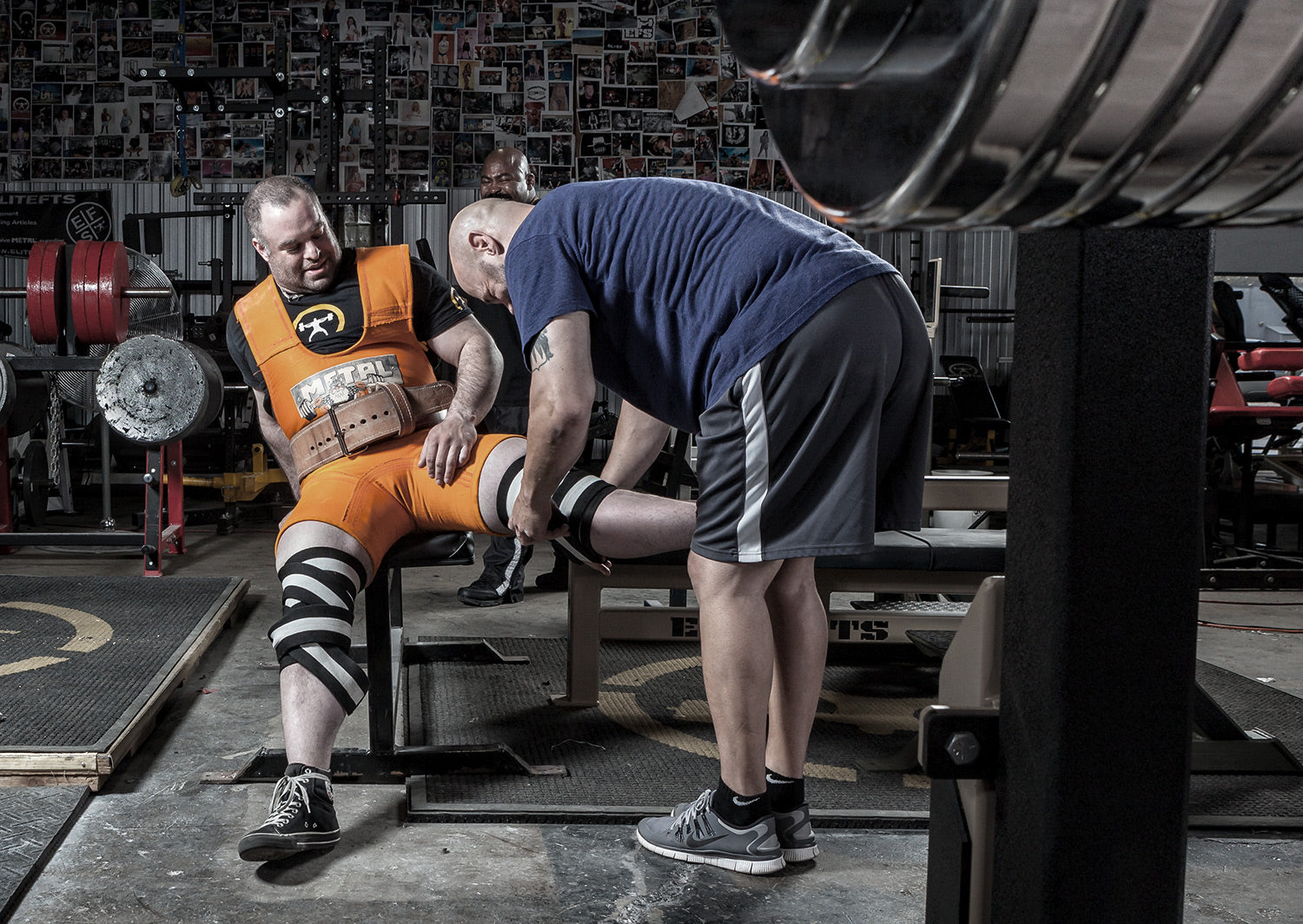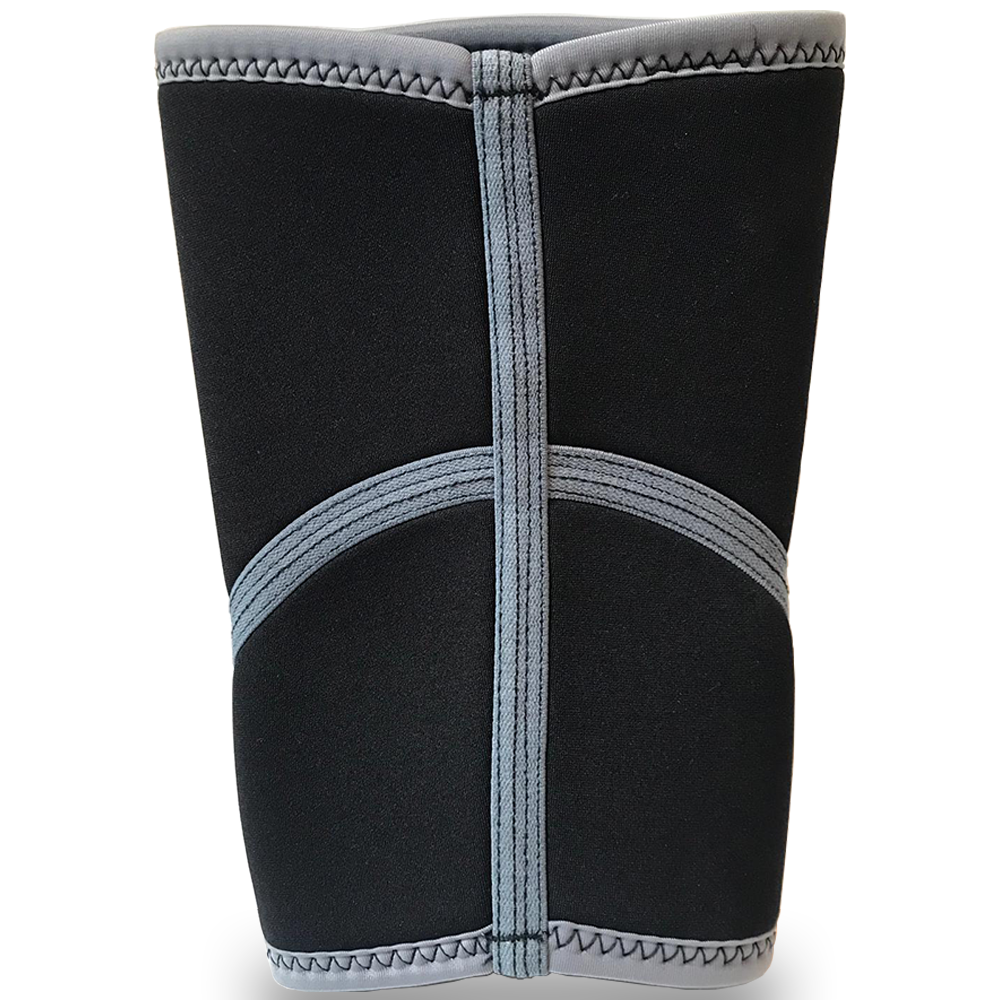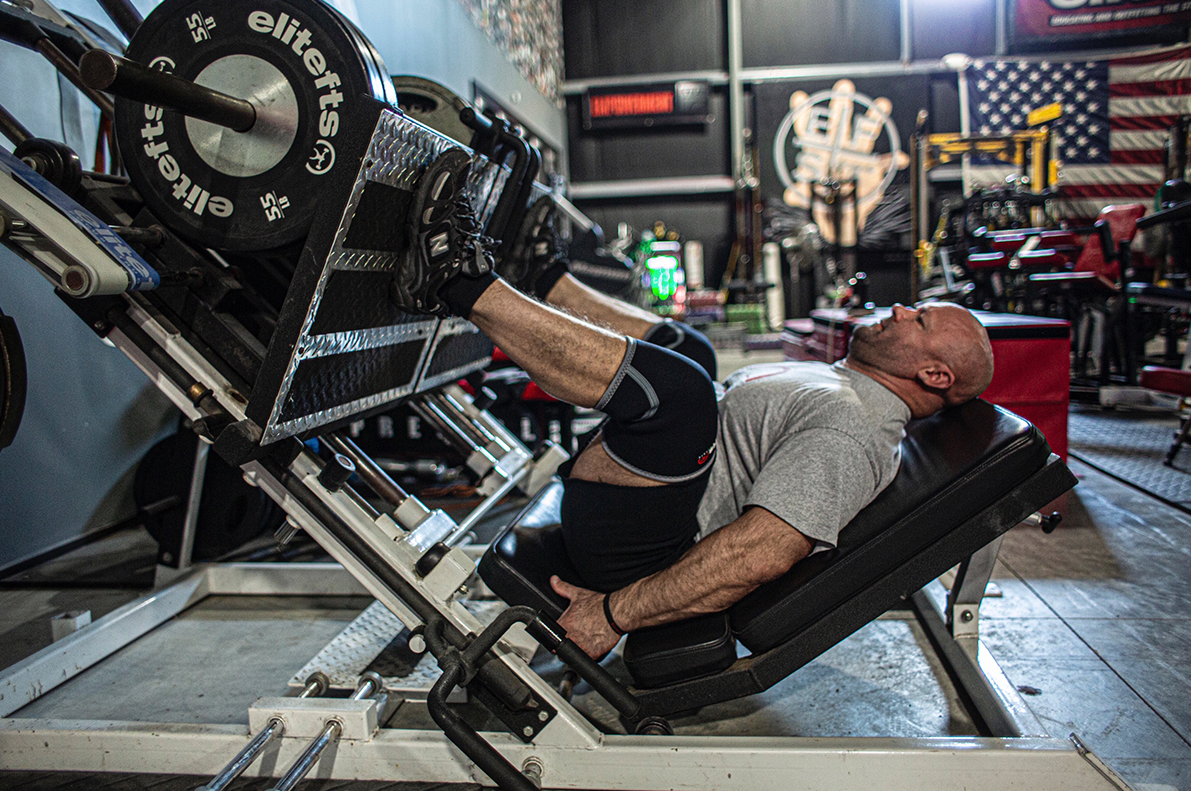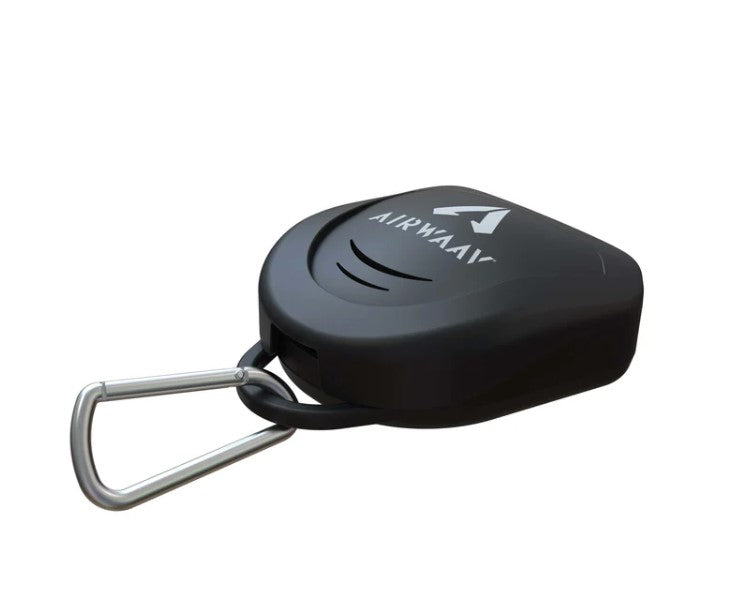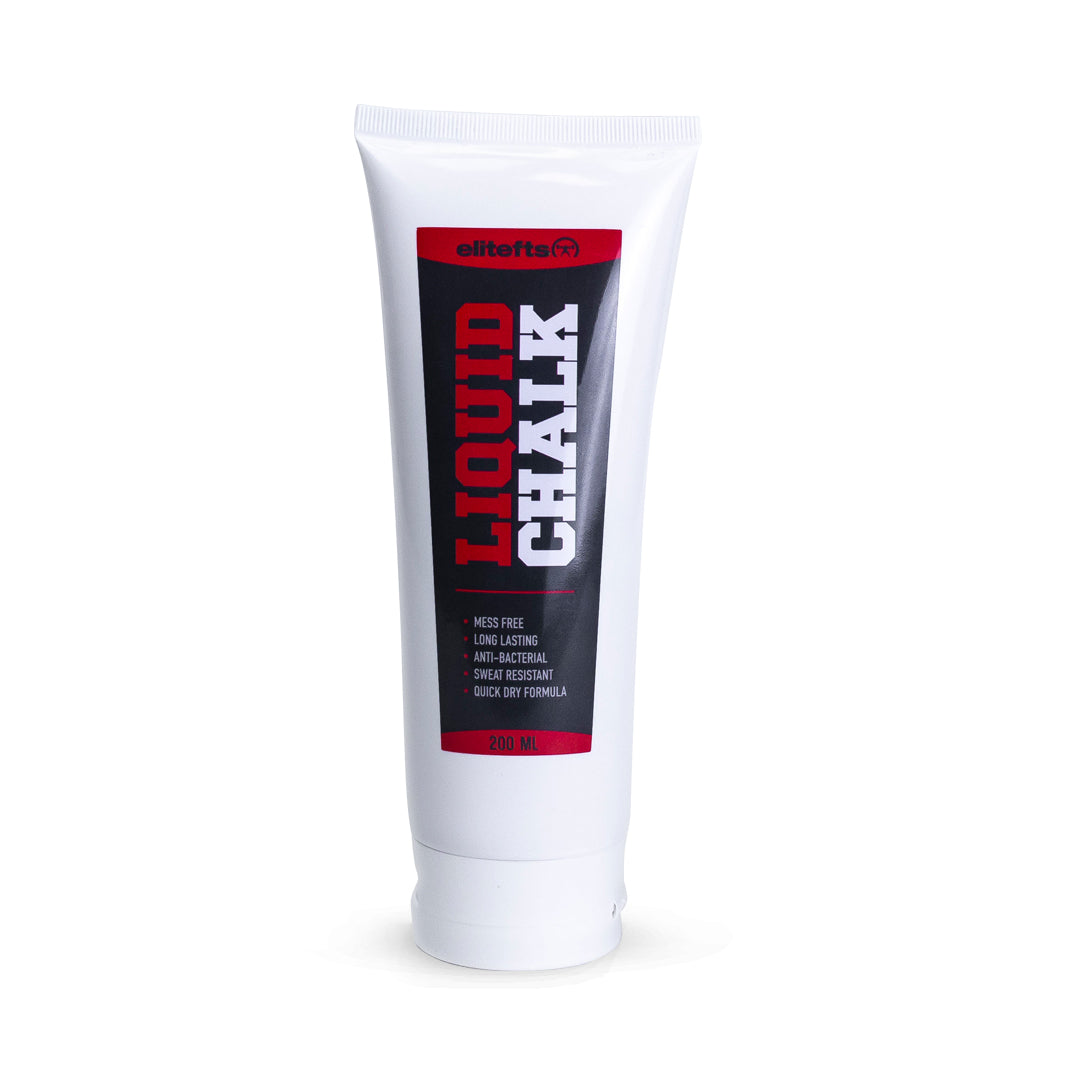It’s no secret I spend most of my days traveling around the country, teaching
5thSet Seminars, spreading the gospel of specificity in the sport of powerlifting. I present on quite a few different topics at these events. But I would say the most popular, by far, is my Risk Factors for Injury presentation. That makes sense. No one wants to get injured, but I think there’s more to it than that.
My dear friend Sin Leung texted me this morning at an unthinkably early hour to share something she was told by her boss. This isn’t verbatim, but the gist of it was that while she was excellent at doing things correctly, the real value in her position was her ability to mitigate risk, and, when things do go wrong, her ability to solve problems efficiently. She attributed these skills, to some degree, to many years running
5thSet and traveling with me to seminars, learning the “hows” and “whys” behind the methodology which revolve around mitigating risk and solving problems efficiently, usually by preventing them.
RECENT: Motivation vs. Discipline
While I believe I am able to connect with my lifters well, at least for the most part, I’d have to say the real value of any coach lies with the same abilities she described about her own job. A lot of it is about sticking to the script. Trusting the things that have been proven to work well and prevent issues in the past. Heeding the lessons we’ve learned already. Taking a proactive approach.
For a coach, that should probably look like prescribing corrective technique cues and programming training in a range of intensity and volume that gets the job done, but also allows the cues to be effectively applied and reinforced. It sounds simple, but I’ve found this type of thoughtful approach seems to be more the exception than the rule.

This brings to mind a conversation I had recently on the Kabuki Strength Podcast with Chris Duffin. To summarize, we were exchanging commentary on our respective proactive approaches to handling injury with our lifters, that is to say, preventing it when possible and addressing the underlying causes, rather than simply treating symptoms if injuries do present themselves. I honestly went into that podcast with no preconception of how the experts at Kabuki do things, prepared for a civil exchange of ideas and opinions, which is something I truly enjoy, even when the opinions are conflicting with my own. By being open to new ideas or viewpoints, I am able to further analyze my own stance on things and so improve it whenever possible. It turns out we have pretty similar views on many topics, including the preference to break the mindless habit of the seven-day microcycle. I was surprised, in fact, to find that Chris actually uses a nine-day microcycle in his own training, much the same as we use for the
5thSet methodology.
Chris vehemently expressed his stance that most underlying causes of injury could be addressed before the fact, a point I think we agree on strongly. I went on to explain that there is a chapter in
Evolutions, called Risk Factors for Injury, containing a lot of what I present about that topic in seminars. You know what they say about great minds. Well, they tend to be housed in the craziest people, for sure, but they also tend to think alike. At least, in the broad strokes — in this case, the way we look at problems. Yes, I’m referring to myself as a great mind.
The underlying theme here, put simply, is Proactivity > Reactivity. The former is almost always superior to the latter, but humans don’t seem to be naturally wired for it. It’s more of an acquired skill, in many cases. This is where a ranked hierarchy of priorities becomes crucial. When left to our own devices, our natural impulses tend toward the hedonic — the things that feel good in the moment (and profiteers know it). But this is problematic for a number of reasons. The things that feel good or things we expect to feel good in the moment very rarely translate into long-term fulfillment.
These short-term satisfactions in training look to me like a convention of little absurdities and horrors: taking a random max instead of following the scheduled plan, availing the lifter nothing substantive and possibly costing them dearly; taking increases greater than the increment prescribed, again, availing nothing beyond a momentary ego boost, and, again, potentially costing the lifter plenty. The manifestations of greedy, short-term thinking in training are nearly limitless, and often end in derailment of entire training cycles. This, for an Instagram video.
RELATED: 9 Things I Learned From a Social Media Detox

This behavior is not really surprising when we consider that beyond our own natural desire for short-term fulfillment, there is a modern cultural inculcation toward instant gratification. I’ve written and spoken a great deal about my opinions regarding the effect Internet platforms like Instagram, Facebook, and Snapchat have had on our ability to rationalize with long-term, strategic thinking. This spills over on a small scale into our training, and on a massive scale, into impulsive sexually demonstrative behaviors and the way we address interpersonal relationships, even the way we conduct professional affairs. Whoever made the blueprints for these platforms, these roaring, glistening machines, could not have known the resulting cultural impact they would have. Right?
Or rather, they did know the short-term dopamine driven feedback loops created by these platforms could destroy the way our society functions and considered the temptation to exploit them for profit too great to forgo. Chamath Palihapitiya, former Vice President of User Growth at Facebook, admitted as much to an audience full of students at Stanford recently, conceding he felt “tremendous guilt” for the transgression.
Have you ever felt overwhelmed and anxiety-ridden when your phone died, and you realized you don’t have access to a charger? You might rationalize this response with thoughts about how loved ones may need to get ahold of you or come up with some other reasonable rationale for it. But I can’t remember ever feeling that way 15 years ago when my flip phone would die. Something to think about.
History has shown us there are few more spectacular means of departure for a society than its own hedonic technological advances. Ask the Romans. Yet, we continue the dance. But I digress, at least to some degree. Whatever the cause of the state in which we currently find ourselves, as a society, our ability to turn things around on an individual basis remains. The same way we have allowed ourselves to become conditioned, we can detrain and retrain ourselves; we can choose to view the consequences of our decisions from a macro, long-term perspective and reinforce positive habits or stick to a plan that considers the big picture.
In our training, we can be proactive and lay out long view plans of action. These should consider the many variables that affect our ability to adapt to and recover from training and our ability to express our current levels of fitness. Some examples of these are fatigue accumulation, risk factors for injury and specificity regarding desired adaptations. Essentially, all valid considerations are addressed within the
5thSet methodology. Read the rules and run a template. That is, by far, the easiest way to handle a thoughtful game plan for training and competition.
Regarding our personal and professional lives, I am unaware of any such template-based methodological approach to dealing with these issues. That would be nice, but it looks like we are each on our own in the fight to re-program ourselves. It’s a bit outside of my expertise, so I’ll stay in my lane. Maybe it’s not accurate to say we are alone. While the Internet causes many of these problems, it can also help to fix them, if we direct our focus the right places. Some of my favorites are Dr. Jordan B. Peterson, who has hundreds of hours of free lectures on his YouTube, and Jocko Willink, who wrote a book called Discipline Equals Freedom, which I highly recommend, and he also hosts a podcast discussing related topics.
READ MORE: The elitefts Article That's Changing My Life
I hope you find this information to be helpful. As always, please feel free to reach out with any idea for topics you’d like to learn about in future articles.










